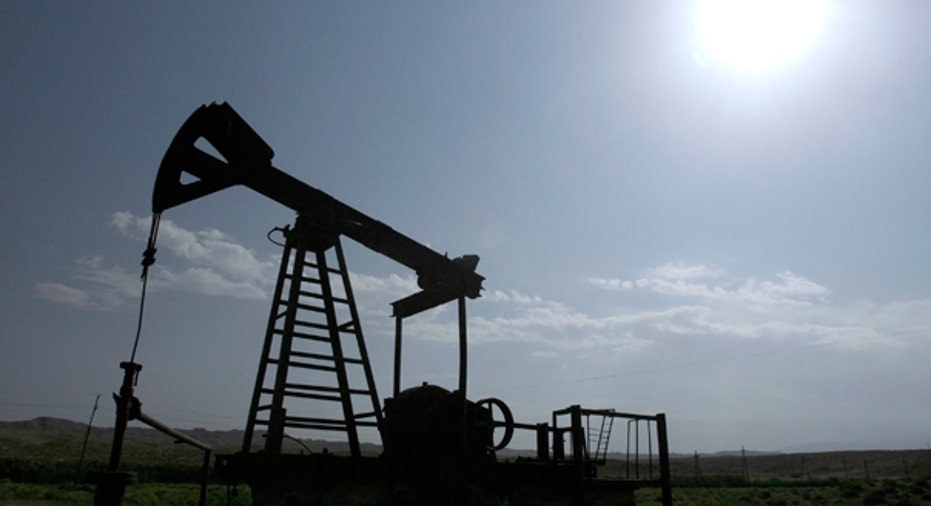Looking for Yield and a Play on Oil?

Unlike Argentina who has defaulted on her sovereign debt twice this century and eight times in the last two-hundred years, Venezuela usually puts payments to bondholders ahead of other social spending, avoiding a default since the 1980s. They do this as they want to protect their golden goose, or their oil production capacity.
Oil is a capital intensive business, and Venezuela wants to protect access to the capital markets to keep the dollars coming. We are seeing this scenario play out currently as Venezuela struggles with record domestic fuel shortages while paying billions to service its debt. This does NOT mean, however, that the cash will be there to pay their obligations; it just means they will protect their bondholders first, IF they can.
In light of this historical preference, aggressive investors looking for yield might want to consider Venezuelan dollar denominated bonds.
The problem for Venezuela is that oil prices have plummeted. It is said that Vene needs a higher price for oil than Russia to balance its budget. We’re talking well over $100 a barrel. Obviously, WTI is nowhere close. Since OPEC met last week and decided against production cuts, to prop up the price for crude, we may be seeing oil prices bottoming out to form a base at these levels, with a mid-sixties handle. This could be a good time to buy Vene bonds.
PDVSA, or the state-owned petroleum company, has three-year outstanding paper with a 2017 maturity. These bonds are yielding in the high 20% range at current prices. Yes, you can get close to thirty percent yield on three-year Vene paper. Venezuelan bonds have fallen 40% this year along with the price of crude.
“The drop in the price of crude is scaring the hell out of the Venezuelan government. Venezuela is the purest oil play out there and they [were] one of the biggest price hawks at the Nov 27th meeting for OPEC. They can’t even fulfill their own production quota, so production cuts do not mean much to them. However, it’s the Saudi’s decision. And unlike Argentina, Venezuela usually pays,” says Russ Dallen, managing partner at Caracas Capital Markets.
Investors should also be aware that Venezuelan foreign currency reserves are at a decade low, below $20 billion. They have even floated the idea of selling their U.S. CITGO unit, which is one of their crown jewels. The government however discounted these rumors recently, as the associated feel of desperation put further pressure on Vene bonds. An asset like CITGO, based in America, would be the first item a bankruptcy court would seize if the government decided to create a credit event, such as delaying or skipping a bond payment. Therefore, selling CITGO would telegraph to the world Venezuela is out of money and a default could be imminent.
Currently, S&P rates Venezuela at CCC+, noting substantial risks.
"The Venezuelan government's failure to take timely corrective actions has contributed to economic deterioration and shortages of foreign exchange. Economic recession, high inflation, and growing external liquidity pressures will continue to erode the government's capacity to pay external obligations over the next two years," says S&P. "The negative outlook reflects the possibility that growing economic distortions and sustained political polarization could further exacerbate external liquidity and governability, raising the risk of a sovereign default over the next two years."
Moody’s has a similar rating, while Fitch is a couple notches higher. All show a negative outlook.
So if you have some capital and are looking for an aggressive yield, and believe oil is near a bottom and may slowly ease its way back higher over time, then take a look at short term Vene bonds. But, this trade is NOT for the faint of heart, or those with no experience in emerging markets.
L.Todd Wood is a former emerging market bond trader and is a contributor to the Moscow Times as well as others. His first thriller novel, Currency, deals with overwhelming sovereign debt. LToddWood.com.
All opinions expressed by L. Todd Wood are solely his current opinions and do not reflect the opinions of FBN, Fox News Network, LLC or their parent companies or affiliates. Past performance is not indicative of future results. You should be aware of the real risk of loss in following any strategy or investment discussed in this article. Strategies or investments discussed may fluctuate in price or value.



















